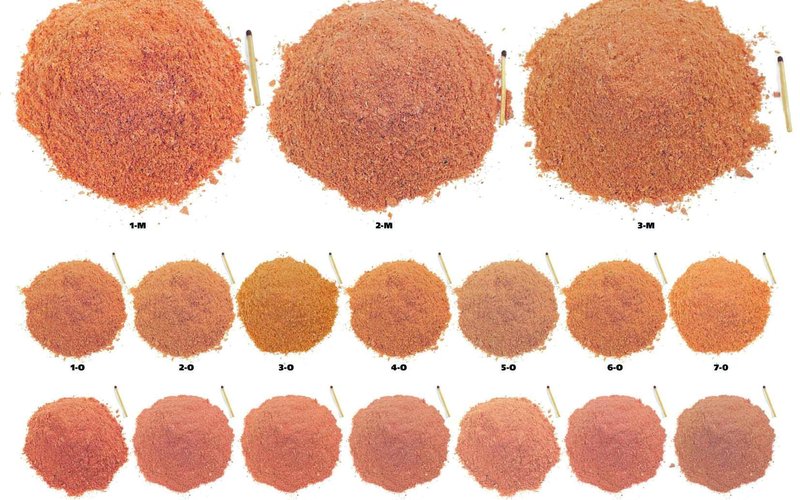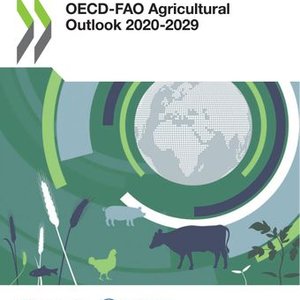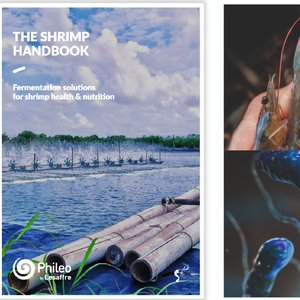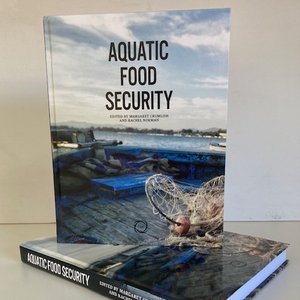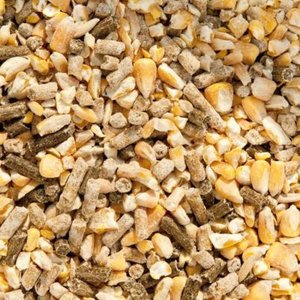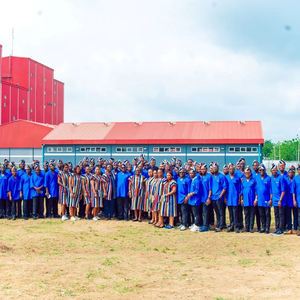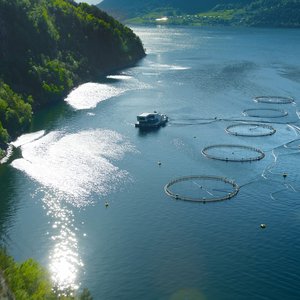Oxidation either on dried meals, oils or frozen krill is an important issue for aquafeed producers. Specifically, in krill meal, it degrades the quality of the fat content, gives a rancidity odor, creates the loss of typical orange coloration due to astaxanthin damage and poses a risk of spontaneous fire.
A good krill meal oxidation control and protection is a combination of antioxidants, packaging systems and low storage temperature. Regarding antioxidants, krill producers should decide between potentially harmful synthetic antioxidants such as ethoxyquin and natural antioxidants.
Krill consultant and krill meal and oil producer, Tharos, published the report Oxidation and Anti-Oxidation. Natural vs Synthetic Antioxidants: What, How and When to Use Natural Antioxidants that recommends the use of ethoxyquin in spite of its banning in Europe. The report also provides some recommendations in antioxidants doses and management.
Download the report below.


